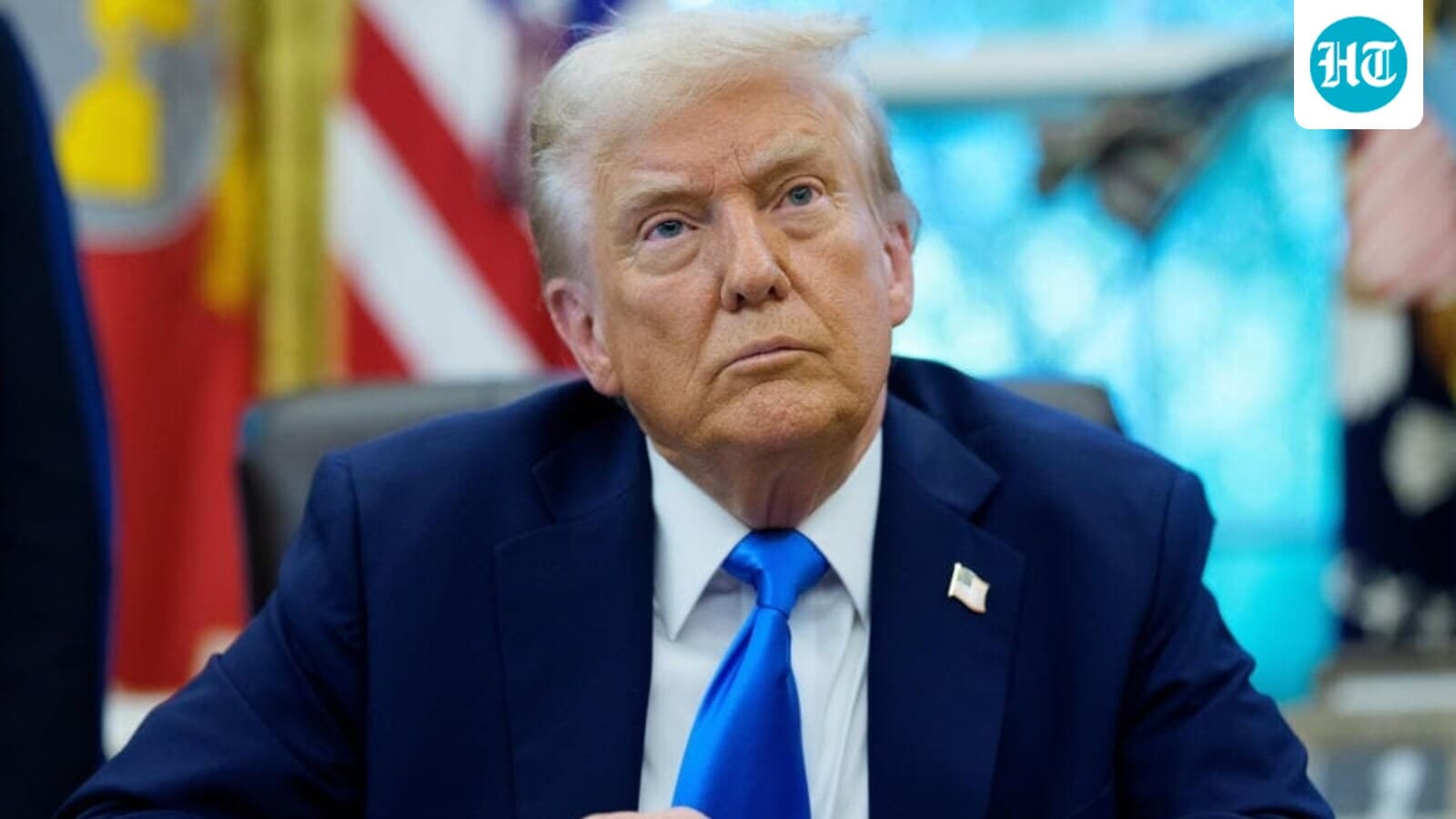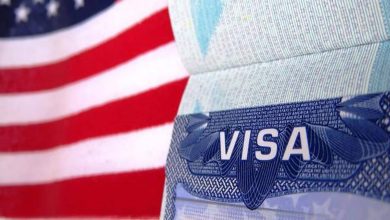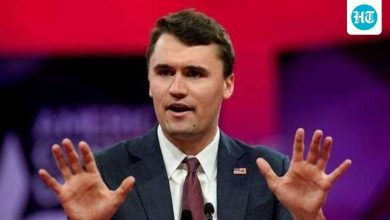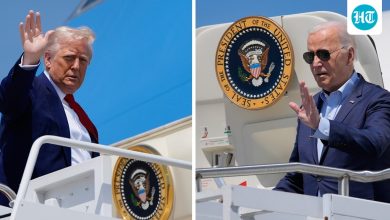Ex-Indian diplomat snubs US’ H1B visa fee: ‘Rolled back like toothpaste’

Day after the US administration announced a staggering fee of $100,000 on H1B visa petitions, former senior diplomat Mahesh Sachdev said the move was rushed and continues to hamper the free flow of Indian professionals despite partial modifications.
President Donald Trump on Saturday signed a proclamation on introducing the $100,000 H-1B visa fee, sparking confusion and concern among visa holders
Donald Trump administration’s $100,000 H-1B visa fee announcement triggered panic on Saturday, with many foreign workers rushing back to the US as companies issued advisories ahead of the September 21 deadline. However, the White House later clarified that existing visa holders do not attract the new rule.
“After having suddenly escalated this issue, giving less than 24 hours practically speaking, over the weekend notice for stakeholders affected by this drastic move, they are trying to put toothpaste back in the tube,” Sachdev told ANI news agency.
He further said that American employers of H1B personnel likely pushed back against the initial order after which the administration had to limit its scope.
“The American employers of H1B personnel would have strongly demonstrated to the administration, leading them to circumscribe the order by saying that it will apply only to the new entrants and would apply only once. So I believe it does put an outer bracket on the situation,” he said.
However, Sachdev said that the core problem caused by Trump administration’s decision remains unresolved. “It will hamper the free flow of personnel, most of them technically qualified from India, who are going to the United States because the United States needs them, but the United States want to have its own way, and the current administration seems to be very focused on the MAGA base, which believes that it has lost out on services,” he said.
He said the perception that foreign workers are limiting the employability is partly accurate. “Far too many foreigners are coming and replacing United States workers, leading to unemployment in the United States IT industry. It’s actually factually only partially correct. The United States IT industry has about 6 % unemployment among the US citizens, as compared to around 3 % for the general public of the United States,” Sachdev explained.
He said that most of the problem exists because of technological changes in the IT industry. “This is mainly because the IT industry is evolving very rapidly. And people with obsolete skills are no longer needed. They have to uh rewire themselves, acquire new knowledge, and this is what hampers unemployment,” he said.
“The companies won’t like to wait; they would like to pursue their goal of innovation, and for that, if they need foreign experts, it’s a double whammy. Either you train the locals and wait till they acquire the skills, or you get the skills from wherever they are available,” he stated.
President Donald Trump on Saturday signed a proclamation on introducing the $100,000 H-1B visa fee, sparking confusion and concern among visa holders, including Indians who make up over 70 per cent of the total. Commerce secretary Howard Lutnick had at that time indicated that the fee might be charged annually, noting that the details were “still being considered.”
The announcement triggered alarm among Indian professionals in the US, with several immigration lawyers and firms cautioning that H-1B holders and their families outside the country should return within 24 hours to avoid being stranded.
However, the White House statement later in the day marked a correction of that claim. “This is NOT an annual fee. It’s a one-time fee that applies only to the petition,” spokesperson Karoline Leavitt said in a post on X.
A White House fact sheet stated that the government may allow an H-1B visa application without the $100,000 fee “if in the national interest.”
Meanwhile, the Indian government on Saturday expressed humanitarian concern that the Trump administration’s move would sharply increase the cost of visas bringing tech workers from India and other countries to the United States.




